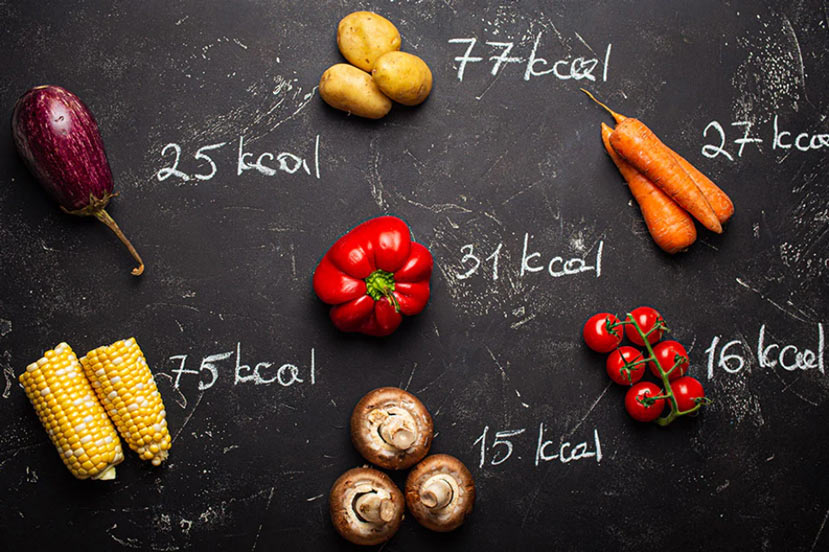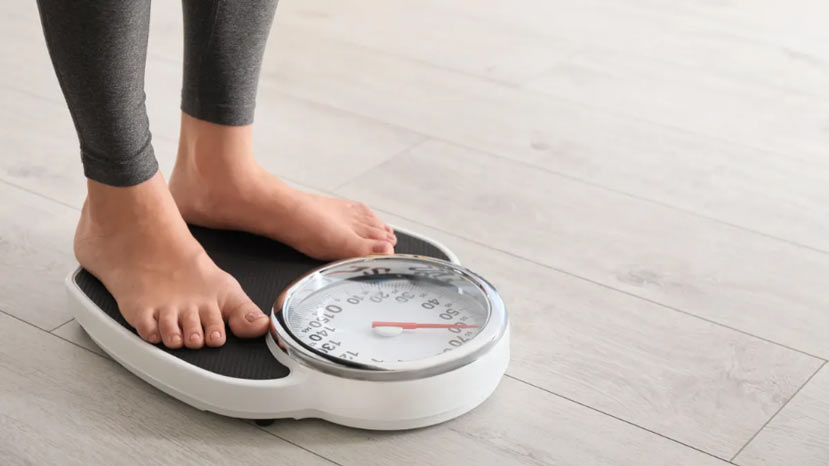Do you feel like you need to carry around more weight? Are the extra pounds weighing you down, both literally and figuratively? Reclaim your life through better habits and learn how to lose 30 pounds! It is attainable when done healthily and sustainably.
This blog post will provide an effective strategy to help you reach your goal of dropping at least 30 pounds. Discover tips on dieting, exercising, restful sleep hygiene practices, and more — all with tangible results! Start living a happier, healthier life by losing unwanted pounds today.
How to Lose 30 Pounds Safely
Carrying extra weight can be an exhausting experience, both physically and mentally. But don’t worry -- you can lose 30 pounds safely with the right strategies. The key is to commit to a healthy lifestyle that includes healthy eating habits, regular exercise, adequate rest, and mental health support.
Eating Habits
Eating nutritious meals is essential for successful weight loss. Start by tracking your daily food intake using an app or journal. This will help you identify areas for improvement in your diet. Choose nutrient-rich foods such as fresh fruits and vegetables, lean proteins, complex carbohydrates, and unsaturated fats while allowing yourself to enjoy the occasional treat in moderation.
Consuming water throughout the day is also important for proper hydration and digestion. Aim for at least eight 8-ounce glasses of water daily to ensure you get enough fluids. Additionally, limit your intake of processed foods, sodas, and other sugary beverages as much as possible.
Decrease your calorie intake

Decreasing calorie intake is one of the most important strategies for losing 30 pounds. Consider reducing your caloric intake by 500-1000 calories, depending on your current diet and activity level. To achieve this, focus on consuming fewer portions of high-fat, sugary foods and limiting liquid calories from soft drinks or alcoholic beverages. Additionally, you can swap out unhealthy snacks such as chips and cookies with healthier options like fruits and vegetables.
You don’t have to deprive yourself of favorite indulgences; instead, try to limit them in moderation and opt for lower-calorie substitutes when possible. For instance, choose dark chocolate over milk chocolate, plain yogurt rather than frozen yogurt, and air-popped popcorn over chips. Making small modifications to your diet can help you achieve your calorie reduction goals without feeling deprived.
Cut back on processed foods
Cutting back on processed foods is an important strategy for losing 30 pounds. Processed foods are typically high in unhealthy fats and added sugars, making them nutritionally unbalanced and difficult to digest. These foods can also lead to overeating, as they’re usually more calorically dense than their whole-food counterparts.
A good way to start reducing your intake of processed foods is by shopping the perimeter of the grocery store, where most nutritious items like fruits, vegetables, meats, dairy products, nuts, grains, and legumes are found. Stay away from the middle aisles, where you’ll find more packaged goods with higher fat and sugar content. Additionally, try to prepare meals at home using fresh ingredients, as restaurant and take-out foods are often cooked in unhealthy oils or contain hidden sources of sugar.
Another great way to cut back on processed foods is to carefully read nutrition labels and ingredient lists. Choose products with fewer recognizable names, such as whole wheat flour, oats, or brown rice, instead of lengthy ingredient lists with unrecognizable words. It’s also important to monitor the amount of sodium and added sugars in certain items. Aim for less than 5 grams of sugar per serving and 150 milligrams or less sodium per serving for most packaged foods.
Eat more protein
Incorporating more protein into your diet can reduce hunger and achieve long-term, sustainable weight loss. Eating sufficient amounts of protein helps to build lean muscle mass while increasing your metabolic rate, allowing you to burn more calories even while at rest.
Good protein sources include fish, eggs, legumes, nuts, seeds, dairy products, and lean meats like chicken or turkey breast. Shoot for at least 20-30 grams of quality protein with each meal, as this will help to keep you satiated longer than if you were only consuming carbohydrates or fats. Work in some plant-based proteins, such as soybeans, whenever possible for an even healthier option.
Fill up on fiber
Fiber is essential for digestion, weight loss and general health. Along with providing constant energy throughout the day, it helps to reduce hunger by slowing down digestion. There are two types of fiber: soluble and insoluble. Soluble fiber breaks down in water and helps regulate blood carbohydrate levels, while insoluble fiber increases the speed at which food moves through your digestive system.
Good sources of dietary fiber include fruits, vegetables, nuts, seeds, legumes, grains like oats or quinoa, and high-fiber cereals. Additionally, you can supplement your diet with psyllium husks or ground flaxseeds for an even bigger boost of soluble fiber. Aim for at least 25-30 grams of fiber daily to help keep hunger at bay and ensure proper digestion.
Drink plenty of water
Adequate hydration is essential for optimal health and weight loss. Drinking plenty of water helps to flush out toxins, regulate your appetite, and increase your metabolic rate. Aim for eight 8-ounce glasses of water daily or more if you are active or it’s hot outside.
Staying well-hydrated can also help reduce cravings, as thirst is often mistaken for hunger pangs. Additionally, drinking sparkling water or adding some fresh lemon juice to your H20 can make staying hydrated even more enjoyable. So don’t forget to sip on the good stuff throughout the day and cut back on sugary beverages like sodas and juices whenever possible.
Monitor your weight regularly

Monitoring your weight regularly is key to staying on track with your weight loss goals. Keep a record of your progress and make adjustments as needed. This will help you identify areas where you may need extra guidance or motivation and allow you to celebrate small successes.
A good idea is to weigh yourself once a week at the same time every day, such as first thing in the morning after using the bathroom. Additionally, if you have access to an electronic scale, consider investing in one to keep track of your progress more accurately. Remember that even when nothing has changed on the scale, there are likely other changes within your body that can’t be seen by just looking at the numbers.
With these tips, you can lose 30 pounds and start living healthier today. So what are you waiting for? Get started and take one step closer to achieving your weight loss goals!
FAQs
Q: How long does it take to lose 30 pounds?
A: The time it takes to lose 30 pounds depends on the individual, their diet and exercise habits, and their commitment. However, in about two months, most people can expect results to show with a smart and sustainable approach.
Q: What is the most effective strategy for weight loss?
A: The best way to lose weight is to make lifestyle changes incorporating healthy dieting patterns, regular physical activity, adequate restful sleep, mindful eating habits, and proper hydration. This combination will help create an optimal environment for lasting results.
Q: What diet should I follow when trying to lose 30 pounds?
A: You should focus on eating a balanced diet that is low in calories and includes lean proteins, complex carbohydrates, healthy fats, and plenty of fresh fruits and vegetables. Also, watch your portion sizes to ensure you are not over consuming food or drinks high in sugar and fat. Finally, it’s important to keep track of what you eat so you can monitor your progress.
Conclusion
Losing 30 pounds is an achievable goal if you are willing to put in the work and make the necessary lifestyle changes. Create a plan incorporating healthy dieting, regular physical activity, adequate restful sleep, mindful eating habits, and proper hydration. Have patience—it won’t happen overnight, but with dedication and commitment, you can reach your weight loss goals and start living a happier and healthier life!







